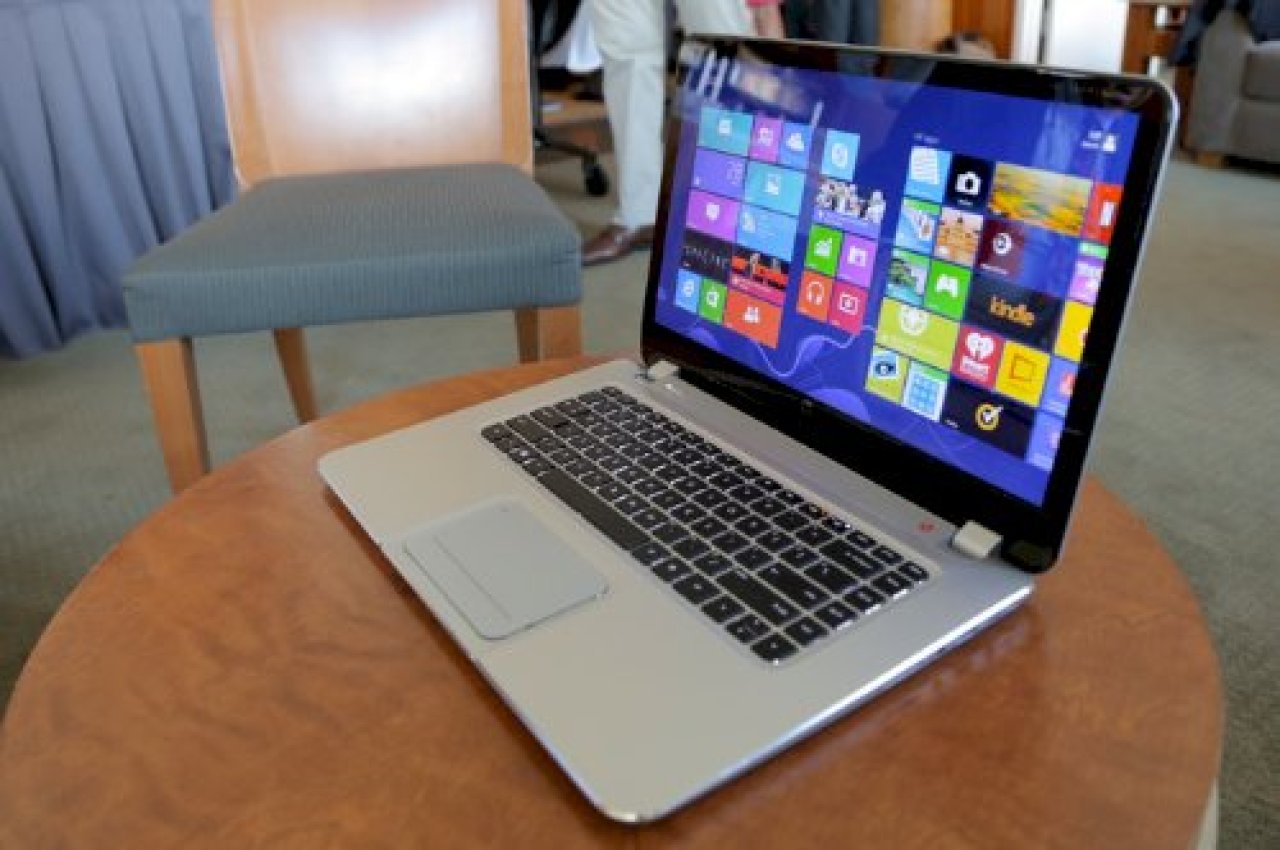Laptop Security 101: Protecting Your Data and Privacy in a Digital World

In the modern era, laptops have
The Growing Importance of Laptop Security
Laptops have evolved into
The urgency of laptop security is further amplified
The foundations of laptop security
-
Authentication and Access Control: The first line of defense against unauthorized access is strong authentication. Using complex and unique passwords, PINs, or biometric methods such as fingerprints or facial recognition
ensures that only authorized users can access the laptop. Multi-factor authentication (MFA) adds an extra layer of protection by requiring multiple forms of verification. -
Operating System and Software Updates : Cybercriminals often
exploit outdated software vulnerabilities. Regularly updating your laptop's operating system and applicationspatches these vulnerabilities and protect your devicefrom potential threats. -
Antivirus and Anti-Malware Software: Installing reputable antivirus and anti-malware software provides real-time protection against viruses, malware, and other malicious software that could compromise your data.
-
Firewalls and Network Security: Firewalls
protect your laptop from potential threatsonline. Enabling built-in firewalls and practicingproper network hygiene—such as using secure Wi-Fi networks and avoiding public Wi-Fi without a VPN—can significantly reduce the risk of unauthorized access.
Advanced security measures
-
Data
encryption: Encryption transforms your data into an unreadable format, protecting it from unauthorized access. Full-disk encryption ensures that even if your laptop falls into the wrong hands, your data remains secure. -
Secure Online Behavior: Cybercriminals often use phishing emails, malicious websites, and social engineering tactics to gain access to sensitive information. Being vigilant and cautious when clicking on links, downloading files, or sharing personal information is paramount.
-
Backup and Disaster Recovery: Regularly backing up your data to external storage or cloud platforms safeguards your information in case of hardware failure, data corruption, or cyberattacks. A comprehensive backup strategy ensures you can quickly restore your data and resume normal operations.
-
Balancing
convenience andsecurity While stringent security measures are essential, finding the right balance between security and convenience is key. Implementing overly complex security measures can lead to frustration and decreased productivity. Strive to strike a balance that allows you to work efficiently while maintaining a robust defense against potential threats.
Conclusion
In an age where our digital lives are deeply intertwined with our laptops, prioritizing laptop security is no longer optional—it's




